Generally women have been looked upon either as victims of social practices or target for development but not as participants in development. Therefore, both national and international development agencies now give focus to the women. There is a growing acceptance now that women have to be considered as equal participants rather than dependents in a welfare state.
In the last decade, a few government programs exclusively for women like Development of Women and Children in Rural Area (DWCRA) have been implemented. But several shortcomings are apparent right from the stage of identification of the beneficiaries to the selection of activities and their feasibility, to the level of implementing agency, to the financing institutions. In the process, the beneficiaries were not adequately reached. Now, “Inclusiveness” has gained importance in the process of growth and development as well since inclusive is not inclusive enough in the implementation of various pro poor programmes.
Recently the World Bank has made it clear that giving attention to gender perspectives in economics decision making simply makes good economic sense. Existing gender inequalities can, for examples, undermine the effectiveness of trade policies or policies on foreign direct investment by affecting the factors that are critical to the successful implementation of these policies. Because of existing inequalities, women may, for example, face difficulties in responding to incentives and opportunities.
ABOUT THE AUTHOR Surendra K. Kaushik
Dr. Surendra K. kaushik was born in Malsister, India, on June21, 1944 to Vaidya Laximinarain and Ratni Chaturvedy Kaushik. After graduating from V. R. High School in Malsister in 1961 he studied at Poddar College, Nawalgarh, affiliated with the University of Rajasthan, earning a Bachelor of Commerce in 1965. and the economics department at the University of Rajasthan, Jaipur leading to a Master of Arts in 1967. He received a Certificate in Research Methodology at the Institute of Economic Growth, Affiliated with Delhi University, in 1968 and then registered as a Ph. D. candidate at the Delhi School of Economics in 1969 when he got an opportunity to go to the United States as a graduate student in 1970 where he received a ph. D in economics from Boston University in 1976. He beame a naturalized US citizen in 1980. The Mrs. Helena Kaushik Women’s college has received national recognition when as founder Dr. Kaushik was awarded the Arun Asaf Ali sadhbhavana ( Goodwill) Award of the Minorities Leadue of India presented by the Honorable Dr. C.P. Thakur, India’s Minister of Health, and Hind Rattan Award of the NRI Society of India presented to him by the Honorable Shri H. dave Gowda, the former Prime Minister of India and the Honorable Shri Arjun Singh, Minister for Human Resources in the government headed by Dr. Manmohan Singh since May 2004, The Delhi Telugu Academy awarded Dr. Kaushik with its Shiromani Rashtriya Vikas Award in Hyderabad in its annual function on 4 September 2005. The Brahmin Samaj Vikas Samiti, Jhunjhunu, Rajasthan honored Dr. Kaushik with its Parasshuram Samman on 17 August 2006.
ABOUT THE AUTHOR V. Rengarajan
Dr Varadarajan Rengarajan received Doctorate from Pondicherry University submitting thesis on “ Impact of Self Employment Programme for Urban Poor” in Tamilnadu and M.Phil, Post MA Dip in Economics from University of Madras. He has attended 8 training programmes including ones at Indonesia and Philippines on survey research methods and micro financing. Served as research in Economics department in University of Madras for 10 years. And in Madras Institute of Development studies (MIDS) for 2 years and completed about 10 research studies on problems and perpectives of rural development involving field studies in rural areas.As a senior economist, in charge of Economic Research dept in a nationalized bank ( Indian Overseas bank) formulated District Credit Plans and conducted number of research and evalution studies pertaining to financing for rural area development and micro financing for poverty reduction programmes for 25 years. He has been an editor of bank’s economic journal. During the period, served as one of the committee members at national level on Regional Rural Bank Management, Micro finance planning for rural areas and in the Informal group on Coding system for Indian banking Statistics appointed by Reserve bank of India.As a professional consultant in Micro finance, associated with Asia Pacific Rural and Agricultural Credit Association Consultancy Services, Jakarta, Indonesia. Agricultural Finance Corporation Ltd., Mumbai, India Tamilnadu women development corporation, Chennai and number of NGOs Bril Development Institute for Bural women Indore, for evaluation/ Impact studies on Micro finance Institution, Micro financing programmes under Rastriya Mahila Koash (Govt. of India) and SIDBI through Self Help Group and Gender development Short listed as advisor fpr world bank assisted project for poverty reduction and gender development in Tamilnadu.Invited for guest lectures and as resource person on Micro finance, rural banking and rural development in various Universities, training institutions in India Thailand, South Korea, USA and Bangla desh and presented about 50 technical papers on rural banking and micro financing in national and international conferences/seminar/worshops publication includes five books and about 50 papers in journals and financial and financial news papers. On rural perspectives and Micro financing. Currently engaged as visiting professor to Mrs. Helena Kaushik women;s PG college in Rajestahan for promoting research activities for students and faculties.

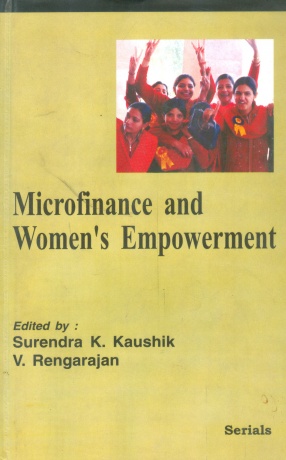
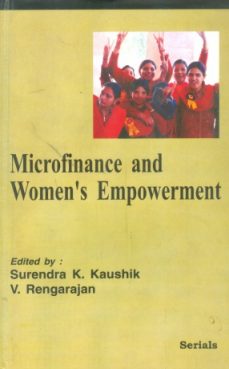
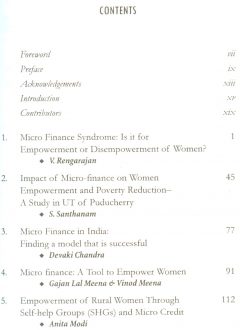
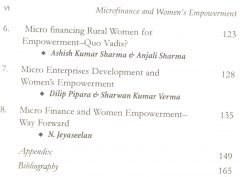
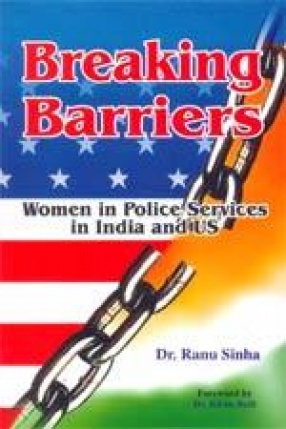
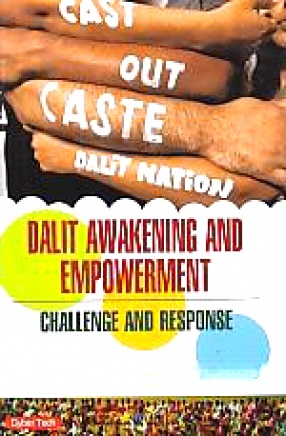
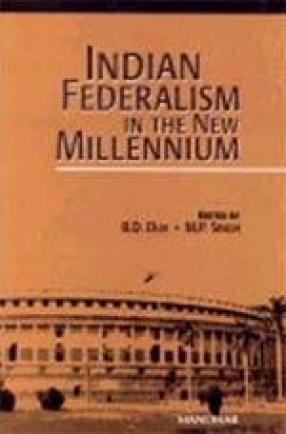
There are no reviews yet.